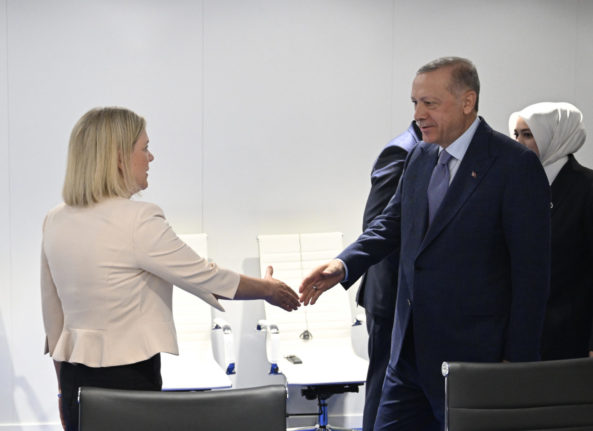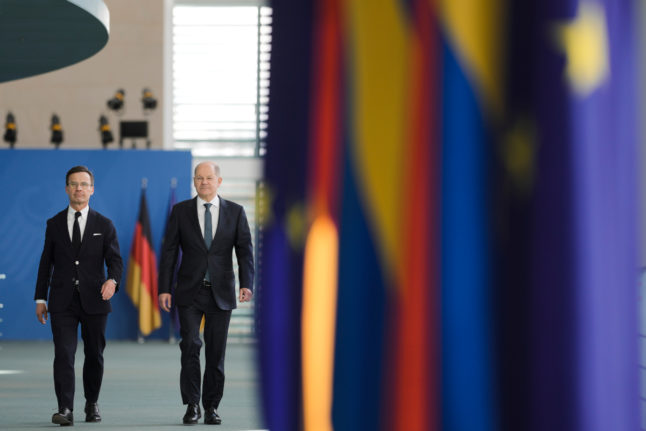Turkish President Recep Tayyip Erdogan has threatened to block both Sweden and Finland from NATO membership unless they meet several demands, including the extradition of people Ankara considers “terrorists”.
Erdogan accuses the two countries of being havens for Kurdish militants, specifically highlighting the outlawed Kurdistan Workers’ Party (PKK).
The man facing extradition was identified in Swedish court documents as Okan Kale, and was convicted in Turkey of credit card fraud in 2013 and 2016.
He sought asylum in Sweden in 2011 but his request was denied. He was granted refugee status in Italy in 2014. Kale’s name features on a list published in Turkish media of people that Ankara wants extradited from Sweden.
READ ALSO:
- Turkey threatens yet again to freeze Sweden’s Nato bid
- Turkey drops objections to Sweden joining Nato
- KEY POINTS: What is in Sweden’s deal with Turkey over Nato?
The justice ministry would however not comment on whether the man was on a list drawn up by Turkey. It noted that Ankara had sought his extradition in 2021 — long before the Stockholm’s application to join the North Atlantic alliance in May.
“This is a regular, routine matter,” justice ministry spokeswoman Angelica Vallgren told AFP. “The extradition request was received last year.”
Kale has been held in Swedish custody since December 2021.
In an agreement signed by Sweden and Finland at a NATO summit in Madrid in late June, the two countries agreed to examine Turkish extradition requests “expeditiously and thoroughly”.
Erdogan said Sweden had made a “promise” to extradite “73 terrorists”.



 Please whitelist us to continue reading.
Please whitelist us to continue reading.
Member comments